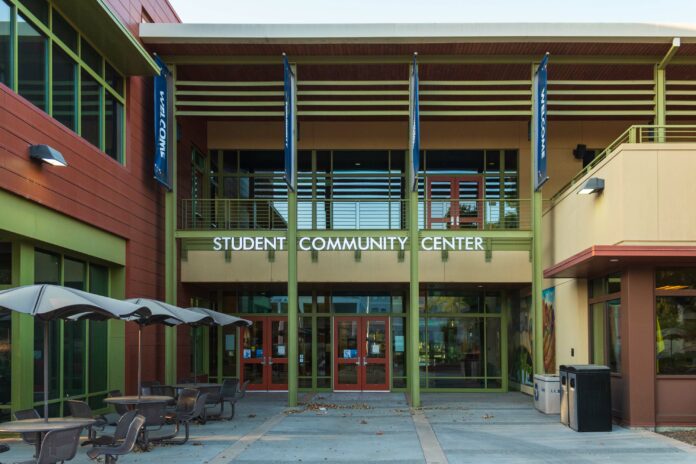Syllabus intended to foster conversation, engagement and change with regard to race
The Office of the Vice Chancellor for Diversity, Equity and Inclusion created an Anti-Racism Syllabus for the summer and fall 2020. This syllabus is an effort of “moving from isolated allyship to action,” according to the syllabus.
This syllabus follows UC Davis’ response to the death of George Floyd and “the unjust killings of too many other Black people in America,” according to the syllabus.
“During this time of unrest and racial reckoning, following the death of George Floyd and so many other Black Americans, our campus was requesting more information and opportunities for deeper understanding of race,” said Vice Chancellor for Diversity, Equity and Inclusion Renetta Garrison Tull via email. “More importantly, members of our community wanted to examine themselves, address any issues that they were seeing, and confront cycles that might be contributing to racist behaviors, even unknowingly.”
The Anti-Racism Syllabus introduces the UC Davis community to a series of events that have taken place over the past few months and looking forward to the next few months.
“The Anti-Racism Syllabus is intended to be a resource to anyone who wants to learn more about what constitutes racism and how to address it both personal understanding and professional behavior,” Tull said. “We also wanted to highlight the work that is being done across campus.”
For instance, a virtual event with the Manetti Shrem Museum of Art at UC Davis will feature Claudia Rankine, the author of Just Us: An American Conversation, and will take place on Nov. 4.
Rankine’s text “questions what it means to interrogate white privilege, liberal political, white male aggression, and much more,” according to the webinar registration website.
Alternatively, the Transformational Justice Center at UC Davis is spearheaded by Professors Maisha Winn and Lawrence Winn discussing the five pedagogical stances: our histories, race, justice, language and futures.
“We are working on those stances, and the syllabus is one of the resources that is assisting with the process,” Tull said. “The syllabus is only one tool, and serves as a portal for information and opportunities to engage.”
The fruition of this syllabus is a result of the Office for Diversity, Equity, and Inclusion collaborating with many other units and departments across the UC Davis community, Tull said.
A series of courses being offered by the university about race relations, spanning across various departments, are listed at the end of the Anti-Racism Syllabus webpage.
Examples of such courses include and are not limited to AAS 80: Introduction to Black Politics, AMS 156: Race, Culture & Society in the United States and CHI 182: Race & Juvenile Justice.
“It is super important to know the history of the United States of America, especially today,” said Sophie Weisman, a second-year international relations major. “As a white woman, it is really important to know my privilege. Taking these classes, learning about what certain minority groups have to go through, and respecting how they have to work so much harder than I do will benefit someone like me, and others on campus.”
“UC Davis reflects and is committed to serving the needs of a global society, comprising all people and a multiplicity of identities,” according to the UC Davis Principles of Community YouTube video.
Looking towards the future, the Office of the Diversity, Equity and Inclusion is currently working on implementing the Diversity and Inclusion Strategic Vision, a plan more commonly known as “To Boldly Go.”
Tull said that she hopes that this framework will assist in “mitigating bias, reducing gaps in access, and removing barriers” that disproportionately impact different groups.
“We are heartened that so many on our campus, and on other campuses are learning more about how to be anti-racist,” Tull said. “Our goal is to make sure that the information within the syllabus is accessible to all, and that people can return it to learn more or enhance their knowledge.”
Written by: Aarya Gupta — campus@theaggie.org





False prophets peddling a false religion. You’d think the increase in minority Trump voters would be a wake up call, but religions do tend to consider reality a nuisance.